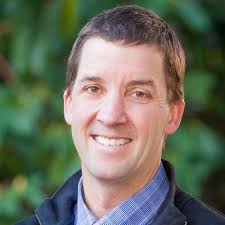 By Lyon Terry, 2015 Teacher of the Year
By Lyon Terry, 2015 Teacher of the Year
Guest Blogger
As the 2015 Washington state Teacher of the Year, I am often called to be a speaker, panelist, story-teller, spokesperson and more. But I am far from the only teacher who understands what works in education. To improve our schools, we must involve the people doing the work—the teachers.
I remember speaking in front of six hundred education advocates in a windowless room at the Seatac DoubleTree. The people there wanted to support kids and improve education, and I was glad to be called. But I was the only teacher in the room. How was this audience going to make change to schools without talking to the people who teach the kids?
Education is at a crossroads in our state right now. We must ask teachers for solutions. Teachers should be in every education conversation. Yet, we are often not consulted.
Washington state must increase funding for education by billions over the next two years to satisfy the McCleary Decision. What is needed? Why is it needed? Ask teachers. They will tell you.
Sure, we must increase salaries, particularly for beginning teachers, but teachers are not in the profession for the money. Teachers know there are many other needs. The following teachers are all award-winning educators in the WA Teacher Advisory Council Network. You can search for any education issue there and even use it to gain access to classrooms. We want you to see what is needed. Here are some of the issues that match our teachers’ expertise:
Michael Werner in Granite Falls or Spencer Martin in Sunnyside can tell about the funding needed for their amazing Career and Technical Education Programs.
Ask Katie Brown in Bellingham, Alisa Louie in Kent, or Jose Corona in Yakima about the needs of students who are learning English for the first time.
Have questions about special education? Ask Elizabeth Loftus in Oak Harbor or Theodore Mack in Moses Lake.
Do you want to know solutions for funding our massive teacher shortage? Ask Bethany Rivard in Vancouver, Dave Gammon in Spokane, or Nathan Bowling in Tacoma.
What about the importance of social and emotional learning? Ask Theresa Holland-Schmid on the Kitsap Peninsula or Lynne Olmos in Mossyrock. They can also bend your ear about the importance of arts integration.
Teachers Kendra Yamamoto in Vancouver and Tim Larson in Odessa can articulate the incredible importance of early learning.
Many teachers know what is needed to support science, technology, engineering, arts and math (STEAM). Ask Barney Peterson in Everett, Jeff Wehr in Odessa, Jeff Charboneau in Zillah, John Gallagher in Port Angeles, or Camille Jones in Quincy if you are interested.
How can we improve parent engagement? Ask Kimberly Witte in Bremerton or Brian Sites in Richland.
Do you care about dual credit, advanced placement, and access for all? Ask Nathan Bowling in Tacoma or Shari Conditt in Woodland.
I could go on and on. I love knowing these teachers. They are all Teachers of the Year, recognized by their districts, ESDs, and the state as experts in the field; they know what our students and schools need to be successful, to thrive. They are members of the WA Teacher Advisory Council with the mission to inform education decisions and influence policy, promoting equity and excellence for all.
Let them rise to their mission. If you have an education question, then please, talk to an accomplished educator. And listen. #askateacher
Lyon Terry teaches 4th grade at Lawton Elementary School in the Seattle Public Schools. He is a National Board Certified teacher with 20 years of experience. Every day he plays guitar and sings with his students. You can find him on Twitter @lyonterry or email: wastoy15@outlook.com.
 We are excited about the progress we are seeing for Washington students in 2017. Thank you to all of our donors – we couldn’t do this work without you!
We are excited about the progress we are seeing for Washington students in 2017. Thank you to all of our donors – we couldn’t do this work without you!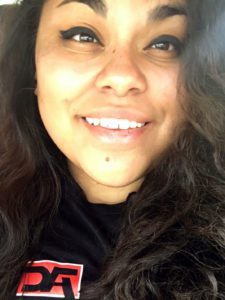 By Lisabeth Jiménez
By Lisabeth Jiménez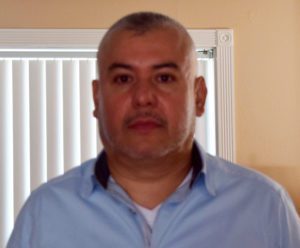

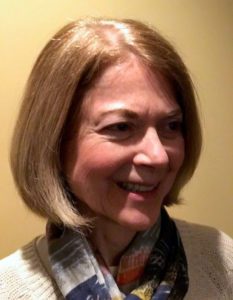
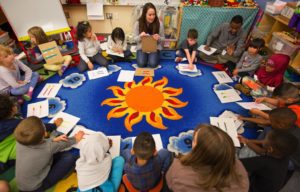
 By Jennifer Jennings-Shaffer, Early Learning Policy Director at the
By Jennifer Jennings-Shaffer, Early Learning Policy Director at the  By Lyon Terry, 2015 Teacher of the Year
By Lyon Terry, 2015 Teacher of the Year